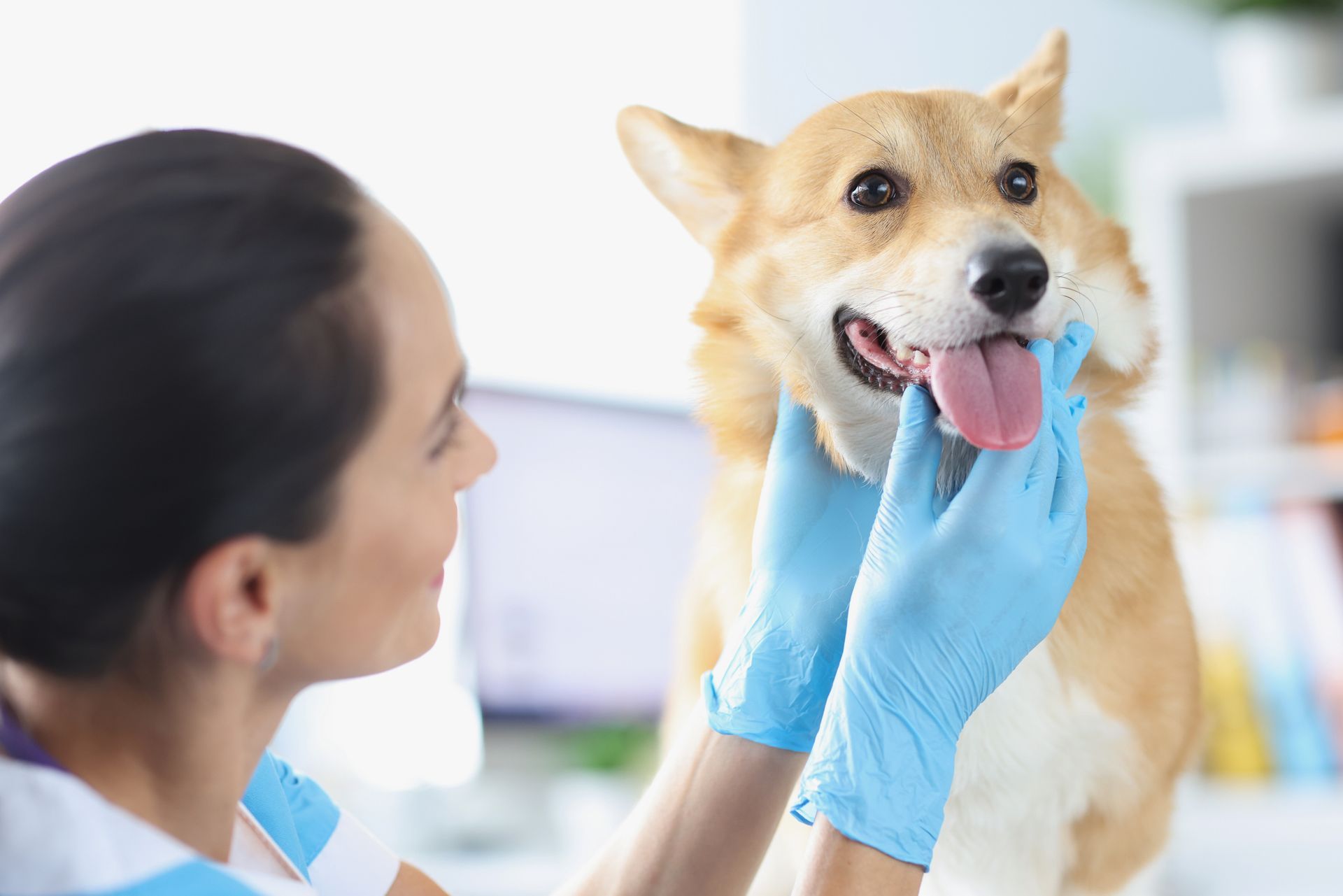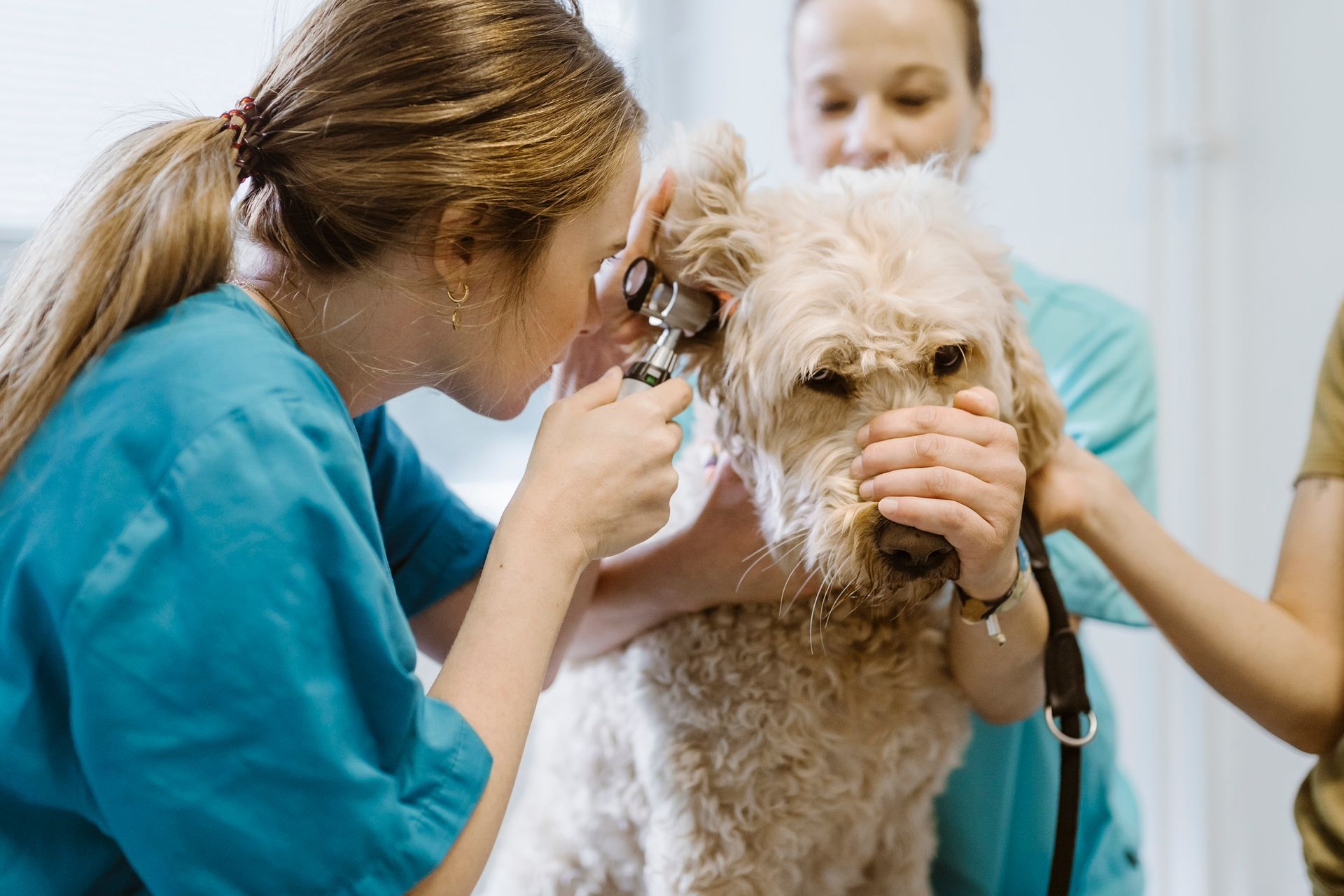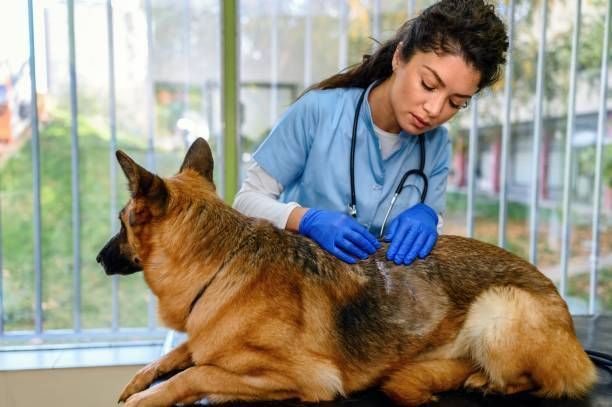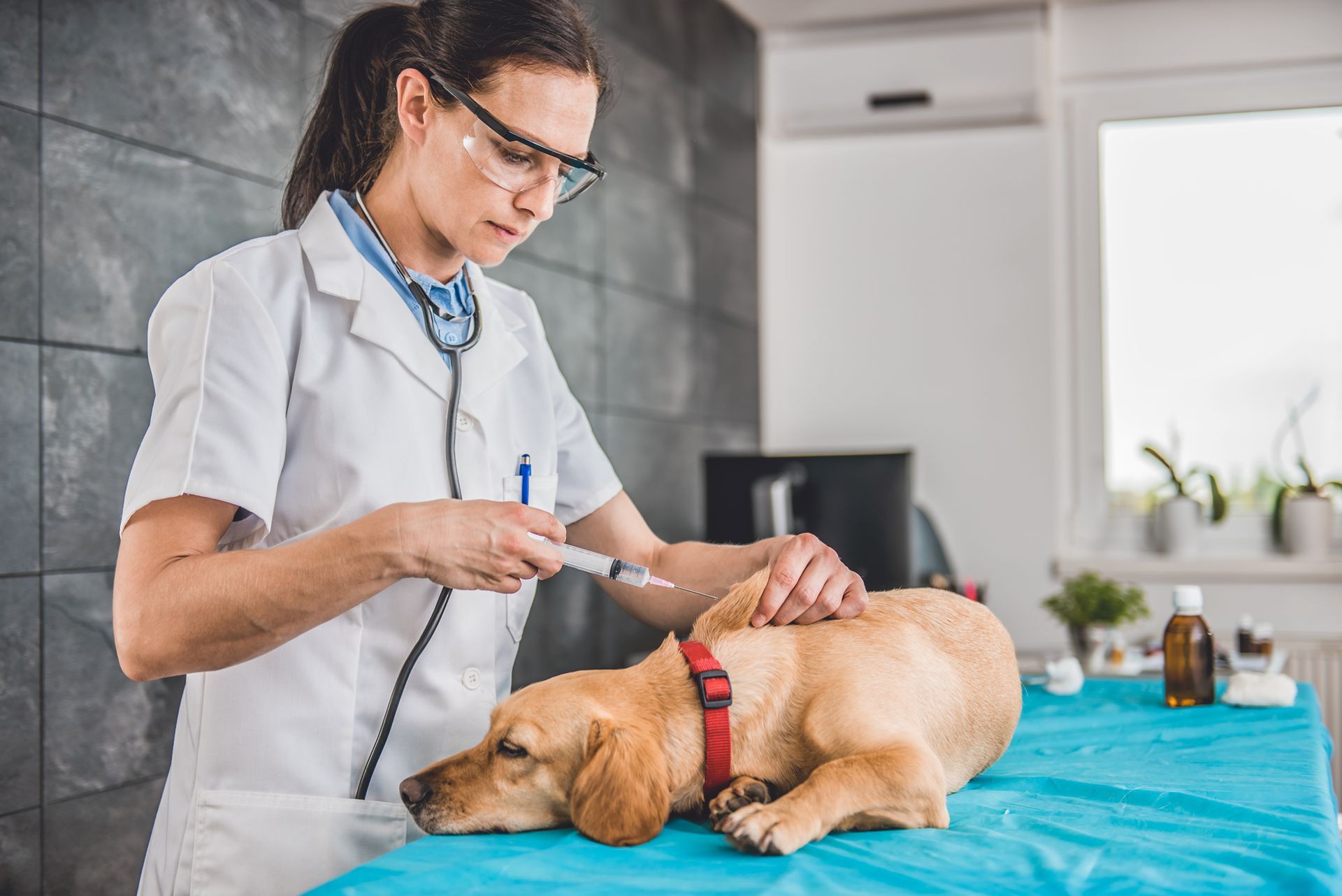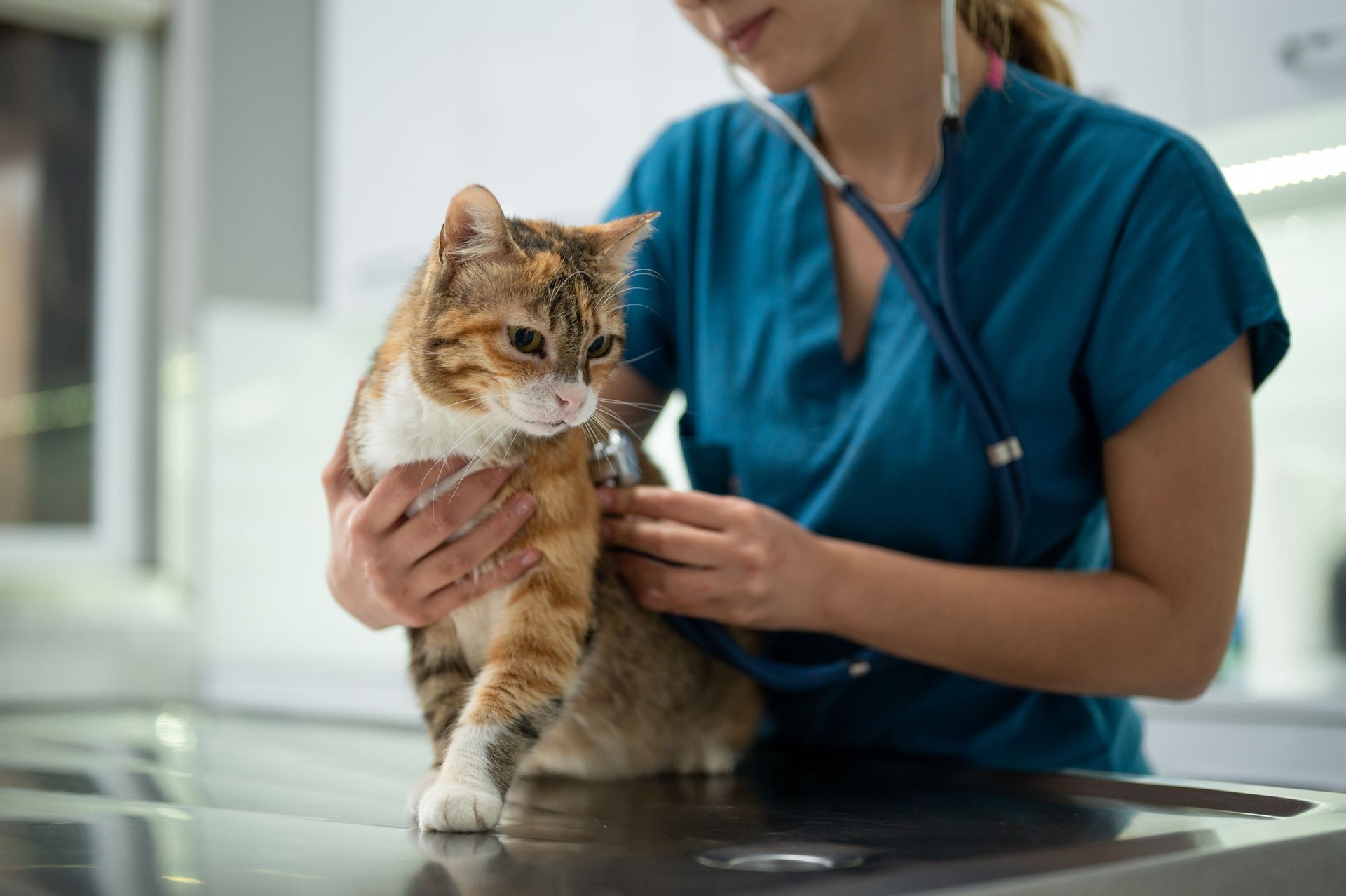Frequently Asked Questions About Caring for Senior Pets
Admin • December 4, 2020
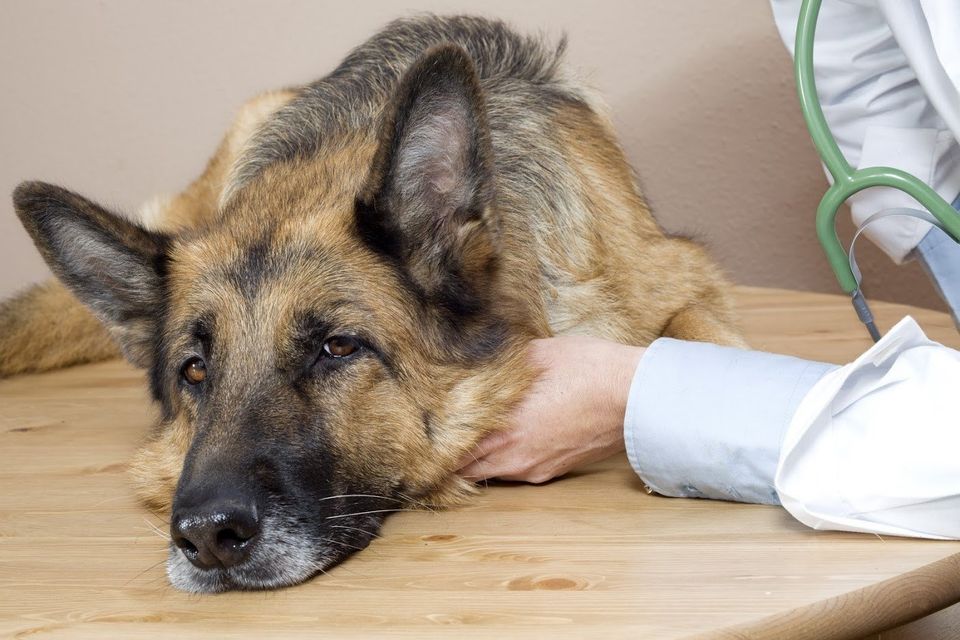
You may have noticed that as your friends and family members age, they encounter new health and wellness challenges. The same general rule holds true for non-human loved ones. Geriatric pets may need additional veterinary care, from medical management of chronic conditions to dietary or exercise plans.
If you see signs that your pet has entered this new phase of life, you'll want to understand some basic aspects of senior pet health and wellness. Take a look at the answers to these frequently asked questions on the subject.
When Do Pets Reach Their Geriatric Years?
Determining your pet's age and estimated lifespan involves more than simple calculations of one pet year equaling so many human years. Different animals seem to approach old age at different rates. For example, large breeds of dogs tend to have shorter lifespans (therefore reaching old age earlier) than toy breeds.
Generally speaking, veterinarians consider cats and dogs geriatric at around the age of seven. Up to this point, your pet may not need any more than the usual health and wellness care recommended for adults of its species. Once it becomes geriatric, however, it should start receiving some specialized veterinary attention.
What Age-Related Health Conditions Do Senior Pets Face?
Senior pets grow more vulnerable to many of the same health challenges that younger pets also face to a lesser degree. Examples include periodontal disease, high blood pressure, kidney problems, diabetes, and various forms of cancer.
Certain problems more specifically associated with old age may also pop up during your pet's senior years. Cataracts, hearing loss, incontinence, dementia, and osteoarthritis commonly trouble older animals. Problems that made their first appearance in youth, such as hip dysplasia, may grow more severe.
Obesity becomes a serious issue for older pets that have lost some of their energy and mobility. If a sedentary senior pet keeps eating like a younger adult, those extra calories can turn into extra pounds. Obesity aggravates joint problems while also raising an animal's risk for organ failure and cardiovascular disease.
How Often Should Senior Pets Receive Wellness Examinations?
As your pet moves into its senior years, it should go from receiving one well exam per year to a twice-yearly exam schedule. Your veterinarian needs to keep a closer eye on your pet's health as age-related disease risks rise. Lab tests can reveal illnesses as early as possible, allowing for more effective medical treatment.
In a typical senior wellness exam, your veterinarian will check your pet's vision, hearing, and cognitive responses while also looking for any signs of chronic pain or other distress. The vet team will make sure that your pet's weight range remains normal for its size, breed, age, and activity level.
What Can You Do for a Senior Pet With Chronic Conditions?
If your senior pet has trouble getting around due to chronic pain, several treatment strategies can help reduce discomfort and improve mobility. For instance, arthritic pets may benefit from anti-inflammatory medications, weight loss to reduce joint stress, and exercise to keep the joints from stiffening up further.
Geriatric pet medicine includes managing other chronic issues as well. Your veterinarian can devise a holistic program that includes drugs, a specialized diet, and a gentle exercise routine to help your pet cope with diabetes, hypertension, and various organ dysfunctions.
You may also get some invaluable advice on how you can make your geriatric pet's life easier around the house. For example, if your pet has trouble with incontinence, you might need to move its bed closer to the doggy door or litter box. a pet with a stiff neck or upper back might benefit from a suspended feeding bowl.
Baywood Animal Hospital
can help you give your aging pet a higher quality of life through skilled, experienced senior health and wellness care. Contact
our veterinary clinic today to schedule a senior pet wellness exam.


